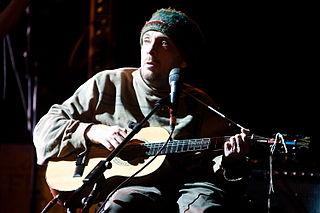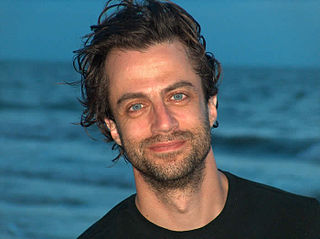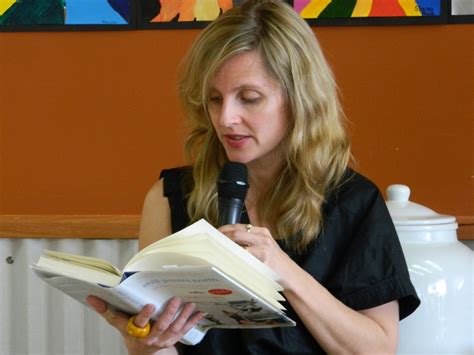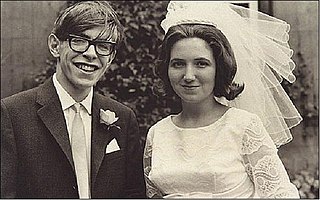A Quote by Ishmael Beah
After I wrote my memoir, 'A Long Way Gone,' I was a bit exhausted. I didn't want to write another memoir; I felt that it might not be sane for one to speak about himself for many, many, many years in a row. At the same time, I felt the story of 'Radiance of Tomorrow' pulling at me because of the first book.
Related Quotes
There are so many stories that need to be told and are not being told. We tend to want to put things in boxes: "This is a memoir about a Muslim," or "This is a memoir about a woman or a normal personal." There's a certain story that assumes to be universal. Everyone else is ethnic fiction. Anyone can aspire to universality.
It [the memoir "In The Body of the World"] wrote me. I joke about it, but this book was so unusual. It just started to come out. I really feel like it came straight from my body. I think it was both an expression of what I had gone through, but also it just felt like everything had come together in my body and it needed to tell that story.
I wrote Her First American and I always say it took me eighteen years. It took me that long was because after about five years I stopped and wrote Lucinella. I got stuck; it was too hard to write. Lucinella felt like a lark. I wanted to write about the literary circle because it amused me, and I allowed myself to do what I wanted to do. It's just one of the things I'm allowed to do if I feel like it.
You write a book, it's out for however many years, and with the passing of time, you're not the same person. I'm not the same person I was when I wrote those books; I'm not even the same person I was when I started writing 'Beg.' I had many shifts spiritually, and one of them was in the use of language.
If you can propose a memoir, even if you are eighteen years old - and what do you remember? What are you memeing? If you can propose a memoir, I believe someone will pay you to write it. And you will get a contract for nonfiction. And if it is about victimology in one way or another than you'll get more money. It's a sensation.
Going from memoir to fiction was fantastic. I had been afraid to move away from memoir; I'd written some novel drafts, but they weren't well received by my agent at the time, and it had been drilled into me that "memoir outsells fiction two to one" (not sure if that's true anymore, or if it ever was), so I felt like the only smart thing to do, professionally, was to keep mining my life for painful moments to recapitulate.
I've been thinking a lot about why it was so important to me to do The Idiot as a novel, and not a memoir. One reason is the great love of novels that I keep droning on about. I've always loved reading novels. I've wanted to write novels since I was little. I started my first novel when I was seven.I don't have the same connection to memoir or nonfiction or essays. Writing nonfiction makes me feel a little bit as if I'm producing a product I don't consume - it's a really alienating feeling.
In many ways, everything about my upbringing decreed that I wouldn't write a memoir because in the world where I grew up, in Chicago in the Fifties and Sixties, one key way of protesting ourselves - 'we' meaning black people - against racism, against its stereotypes and its insults, was to curate and narrate very carefully the story of the people.



































